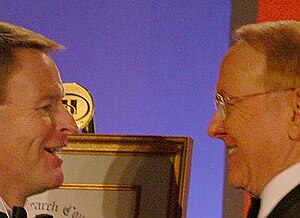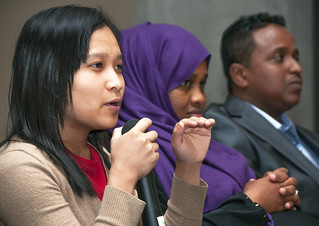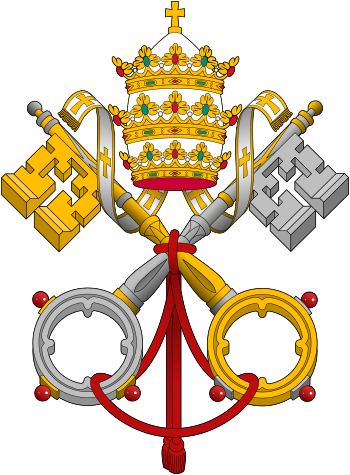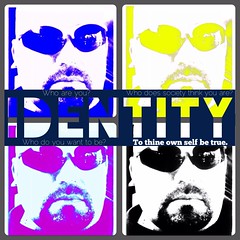As far as evangelical fundamentalist pastors go,
Mark Driscoll is kind of a big deal. Aside from being in the news lately following
accusations of plagiarism, he's the founding pastor of Mars Hill Church in Seattle, the author of more than 15 Christian books, and he's been featured on CNN, ABC, and Fox, to name a few. According to
his bio from Mars Hill Church, Driscoll is "one of the most popular preachers in the world today."
In 2010, Preaching magazine named him one of the 25 most influential pastors of the past 25 years. His sermon podcast regularly occupies the top spot in iTunes’s Religion & Spirituality category, and his online audience accesses about 15 million of his sermons each year.
That's impressive. Driscoll certainly
sounds like an interesting guy. Given his popularity and status within the evangelical community, I have to assume that he might provide a reasonable approximation of the sort of things many evangelical fundamentalist Christians believe. That said, I'd like to call your attention to something Driscoll tweeted on January 10:
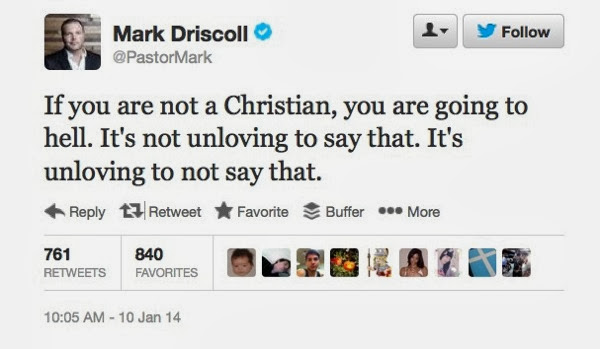
I'm certainly not claiming that
all evangelical fundamentalist Christians share Driscoll's apparent conviction that anyone who is not a Christian like him is destined for
the hell he imagines his god has in store for them. And yet, when someone of Driscoll's stature in evangelical fundamentalist circles speaks with such conviction, I have a difficult time believing that his views are not
shared by more than a few of his supporters.
Sorry Jews, Muslims, and atheists - you are heading to
Christian hell. It doesn't matter how you've lived your life or
how much good you may accomplish. What a fine system of morality this is! Believe what I do or burn.
Hell awaits!
H/T to
Deep Thoughts
